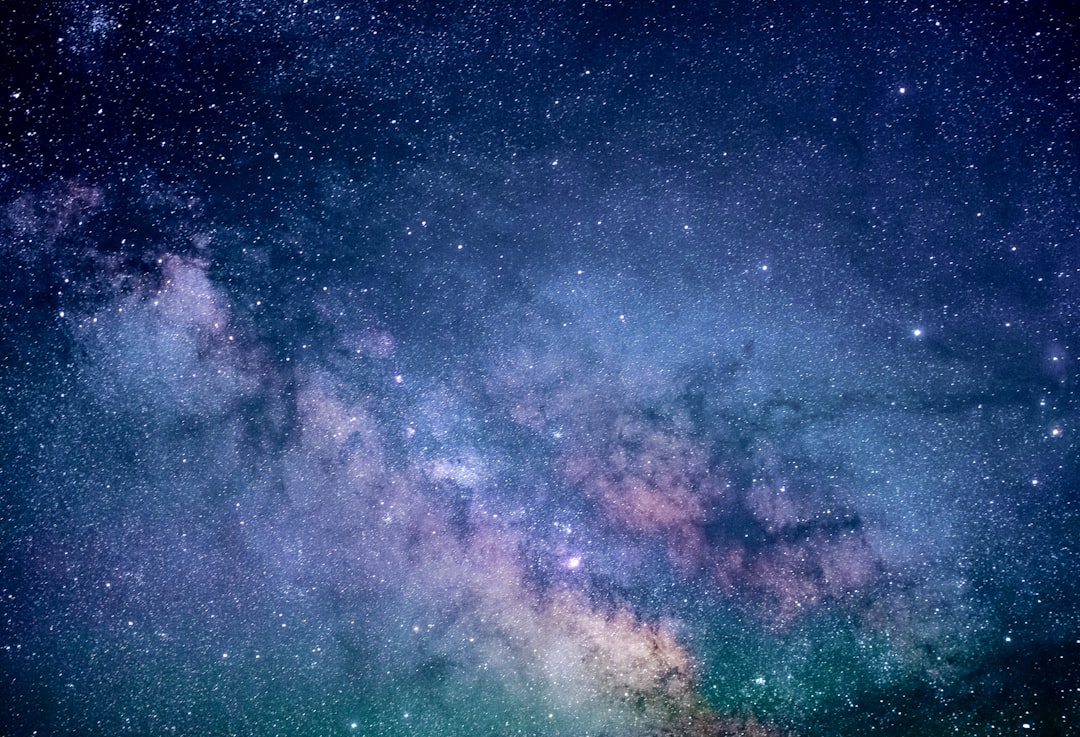Học từ vựng cùng Thay Anh IELTS

Topic hôm nay: Space
Từ vựng:
1. Universe (/ˈjuː.nɪ.vɜːs/)
– Nghĩa tiếng Việt: Vũ trụ
– Nghĩa tiếng Anh: All of space and time and their contents, including planets, stars, galaxies, and all other forms of matter and energy.
– Ví dụ: Our solar system is a small part of the universe.
2. Galaxy (/ˈɡæl.ək.si/)
– Nghĩa tiếng Việt: Dải ngân hà
– Nghĩa tiếng Anh: A system of millions or billions of stars, together with gas and dust, held together by gravitational attraction.
– Ví dụ: The Milky Way is the galaxy that includes our solar system.
3. Planet (/ˈplæn.ɪt/)
– Nghĩa tiếng Việt: Hành tinh
– Nghĩa tiếng Anh: A celestial body moving in an elliptical orbit around a star.
– Ví dụ: Earth is the third planet from the sun.
4. Astronaut (/ˈæs.trə.nɔːt/)
– Nghĩa tiếng Việt: Phi hành gia
– Nghĩa tiếng Anh: A person who is trained to travel in a spacecraft.
– Ví dụ: Yuri Gagarin was the first astronaut to go into outer space.
5. Telescope (/ˈtel.ɪ.skəʊp/)
– Nghĩa tiếng Việt: Kính thiên văn
– Nghĩa tiếng Anh: An instrument that aids in the observation of remote objects by collecting electromagnetic radiation.
– Ví dụ: With a good telescope, you can see planets and stars more clearly.
6. Comet (/ˈkɒm.ɪt/)
– Nghĩa tiếng Việt: Sao chổi
– Nghĩa tiếng Anh: A celestial object consisting of a nucleus of ice and dust and, when near the sun, a “tail” of gas and dust particles pointing away from the sun.
– Ví dụ: Halley’s Comet is a famous comet which is visible from Earth every 76 years.
7. Asteroid (/ˈæs.tə.rɔɪd/)
– Nghĩa tiếng Việt: Tiểu hành tinh
– Nghĩa tiếng Anh: A small rocky object orbiting the sun, often in a belt between the orbits of Mars and Jupiter.
– Ví dụ: The asteroid belt is a region of space between Mars and Jupiter where most asteroids are found.
8. Gravity (/ˈɡræv.ɪ.ti/)
– Nghĩa tiếng Việt: Lực hấp dẫn
– Nghĩa tiếng Anh: The force that attracts a body towards the centre of the earth, or towards any other physical body having mass.
– Ví dụ: Astronauts in space experience zero gravity.
9. Orbit (/ˈɔː.bɪt/)
– Nghĩa tiếng Việt: Quỹ đạo
– Nghĩa tiếng Anh: The curved path of a celestial object or spacecraft around a star, planet, or moon.
– Ví dụ: The moon orbits the earth.
10. Meteor (/ˈmiː.ti.ər/)
– Nghĩa tiếng Việt: Thiên thạch
– Nghĩa tiếng Anh: A small body of matter from outer space that enters earth’s atmosphere and becomes incandescent as a result of friction.
– Ví dụ: If we’re lucky, we might see a meteor shower tonight.
**
Bài tập
**
1. The __________ begins to glow brightly as it gets closer to the sun.
2. The Hubble __________ has provided us with breathtaking images of the universe.
3. The moon’s __________ around the earth takes about a month to complete.
4. The __________ between the earth and the moon is what keeps the moon in orbit around the earth.
5. The __________ was seen falling from the sky, leaving a bright trail behind it.
6. There are eight __________ in our solar system.
7. The __________ is a massive collection of billions of stars, planets, and other celestial bodies.
8. __________ are trained to handle the physical and mental stresses of outer space.
9. Our __________ is just one among billions in the universe.
10. The __________ belt contains millions of small objects orbiting the sun.
**Đáp án:**
1. Comet
2. Telescope
3. Orbit
4. Gravity
5. Meteor
6. Planets
7. Galaxy
8. Astronauts
9. Galaxy
10. Asteroid